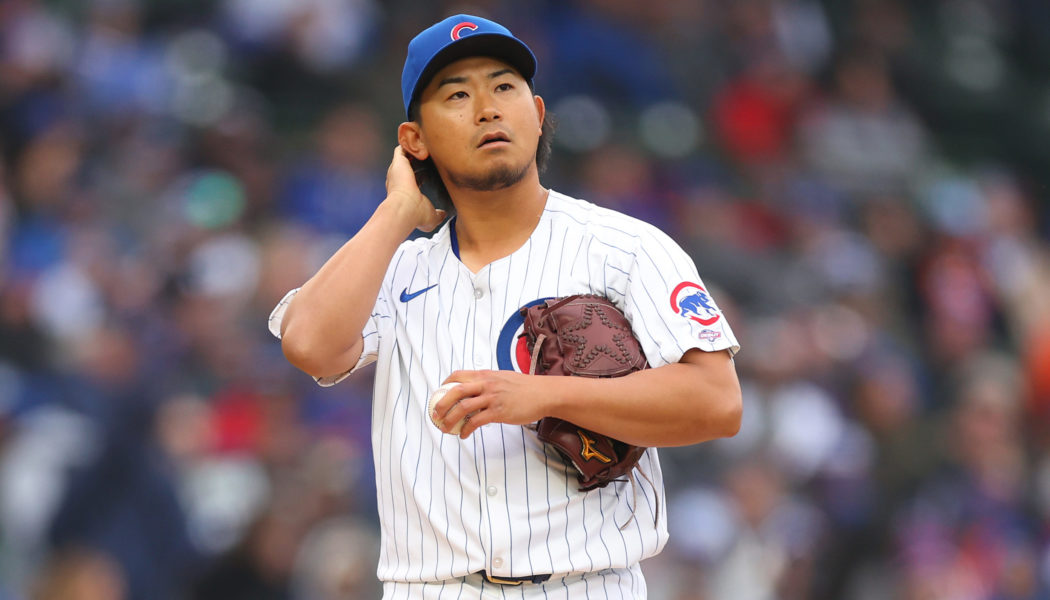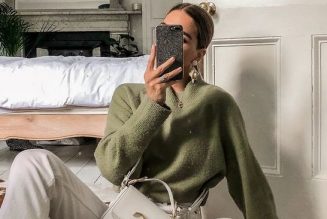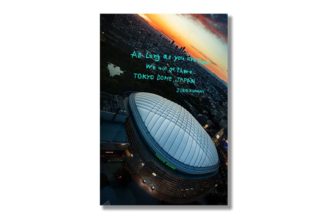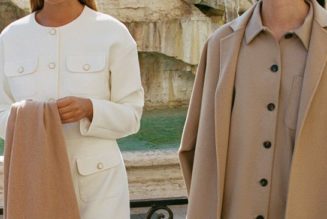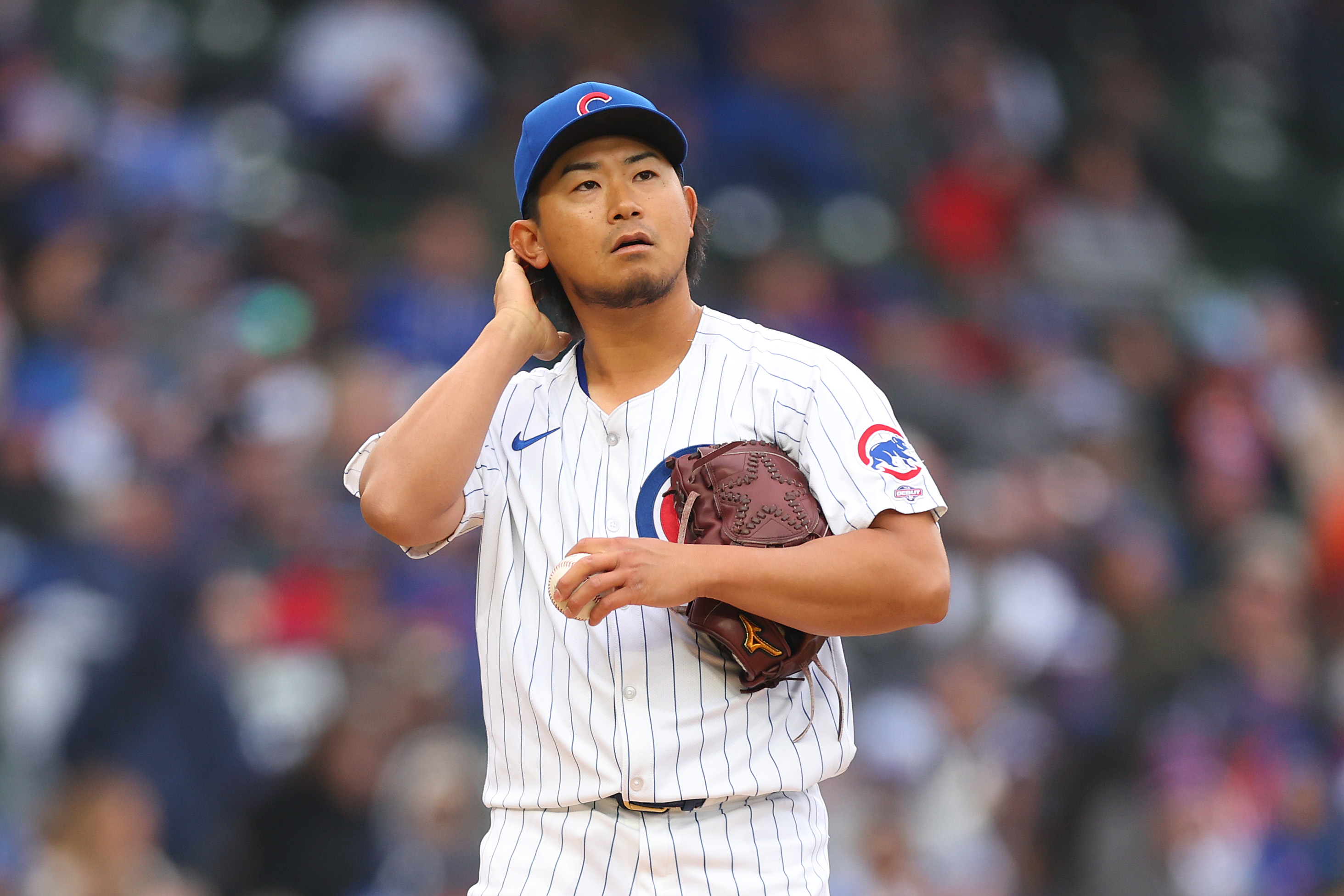
Shōta Imanaga made a life-changing leap this offseason, joining the Cubs in America after spending eight years playing professional baseball in Japan.
He’s already told some of the media the new changes he finds fascinating. For example, he recognized New York from the classic “Spider-Man” movies. He was surprised to learn drivers can turn right during red lights. And he said most of the time he leaves his house in Chicago is to get coffee from Dunkin Donuts.
On Friday, Imanga further detailed his new life in the United States on “The Pat McAfee Show.” If this isn’t one of the funniest interviews you’ve ever seen, please send some you think are funnier.
The Cubs signed Imanaga to a four-year deal worth $54 million last offseason, arguably making him one of the best offseason signings in MLB. That’s because he holds a blistering 0.84 ERA — the lowest of any rookie in their first career nine starts. It also tops the MLB pitching charts.
How was Imanga able to get off to such a historic start?
“If I’m being honest, I’m pretty surprised by the results so far so I really can’t answer that,” Imanaga said through translator Edwin Stanberry.
But Imanga foreshadowed he has more in his arsenal besides the three primary pitches he throws (fastball, splitter, changeup).
“I have a couple of pitches that I haven’t thrown yet that when the situation does come up that I need them then I can pull them out,” Imanaga said.
When making the move from Japan to the United States, the timing for Imanaga was perfect, he says. That might be strange for Americans to hear, considering he’s a 30-year-old rookie in MLB.
“With the transition from Japanese baseball, that whole system, based on the timing of it, it matched up for the age of 30,” Imanaga said. “Along with just having more confidence in those things. Having the pros and cons, looking at that. Just the timing of everything, it just worked out when I was 30.”
Upon arriving in the United States, Imanaga solicited the advice of several Japanese players who made the transition to MLB, just as he did.
“I talked to Yu Darvish before and after making the transition, just kinda saying ‘How are the cities?’ and just life in the U.S.,” Imanaga said. “Once I was with the Cubs, I contacted Seiya Suzuki. Kinda the same thing. ‘How is Chicago? How is the lifestyle around the city?’ Just stuff like that.”
Surprisingly, living in Chicago isn’t making him homesick. He’s found plenty of Japanese spots in Chicago.
“In Chicago, there are a lot of Japanese supermarkets and restaurants that serve Japanese food,” Imanaga said. “It doesn’t really feel like going to a different country. It just feels like something I’m familiar with.”
His favorite food he’s discovered in America?
“I would say tacos,” Imanaga said. “I came over here and tried it and I was like ‘Wow, this is really good.’ … I tried pizza here. I went to a restaurant and I ordered a full pizza and it was so big I ate one and I couldn’t get the second piece.”
In his free time, Imanaga said he watches a lot of Japanese YouTube. He said a lot of American players wear casual attire when they travel. Imanaga’s been researching clothing and “a lot of leather shoes.” He enjoys watching leather shoe restoration videos, just like the rest of us.
Most importantly, Imanaga doesn’t feel left out in the clubhouse, despite there being a language barrier. Although he knows some English; he’s able to understand English at a slower pace. He’s able to speak with his teammates past a surface-level conversation.
“I’ve enjoyed coming into the clubhouse every day,” Imanaga said. “Just talking to the players it’s not just ‘What’s up? How are you doing?’ We’ll go into a little deeper conversation every time. Especially the Latin players, they’re really easy to talk to, so I’ve enjoyed everybody in the clubhouse.”
Imanaga flashed his trademark sense of humor towards the latter part of the interview. McAfee jokingly pretended to challenge him, as he squared up with a bat like he was standing in a batter’s box.
When asked what pitch he would throw to McAfee, Imanaga didn’t disappoint and caught onto the joke.
“I’d probably go fastball near the face.”
He made sure to qualify his quip.
“It’ll be a ball it’s not gonna be a hit-by-pitch.”
